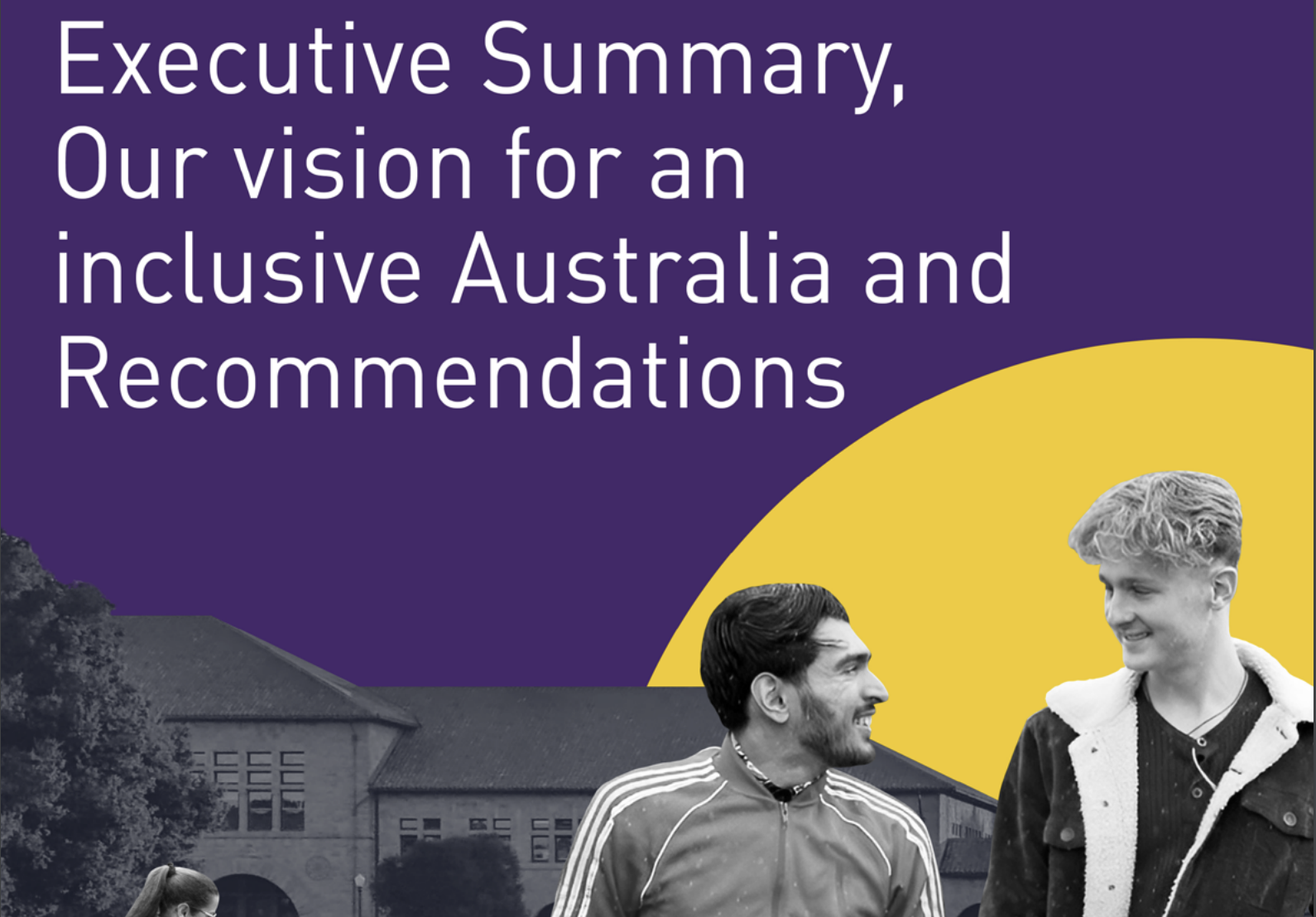

Four weeks ago, and after four years of hearings, testimony, submissions, and research, the Royal Commission into Violence, Abuse, Neglect and Exploitation of People with Disability released its final report. It is, quite simply, a distressing read, cataloguing a systemic and nationwide failure of the way in which goods and services are conceived, designed, and delivered out into the world, such that large numbers of people in this country are unable to engage in society as equal, independent participants and are abused, neglected and disenfranchised in the process.
There is a lot to read through, and there remains a lot of work to be done in translating the report's findings and recommendations into practical change. However, there should no longer be any doubt as to the critical role policy, design, and service delivery play in ensuring autonomy and access, opportunity, justice, and dignity for any person living with a disability.
We have long held the belief that designing with people impacted by decisions made leads to better outcomes over simply designing for them. That engagement takes many forms, from co-defining problems to solve right through to selecting the final direction and championing its implementation. Equally, we recognise that the results of our efforts and those of our industry have contributed to the dire circumstances detailed in the Royal Commission report.
Over the coming weeks, we will be digging into the details of the Royal Commission report and its recommendations and talking with people and organisations who have long-lived experience in these issues to:
The Disability Royal Commission is already fading from the media spotlight before the work has really even begun, but we share a determination to ensure the lessons contained in its report pages are not forgotten and well-learned. We will share our learnings and intentions as we move through the volumes as a way to ensure we are learning and changing our practices in response.